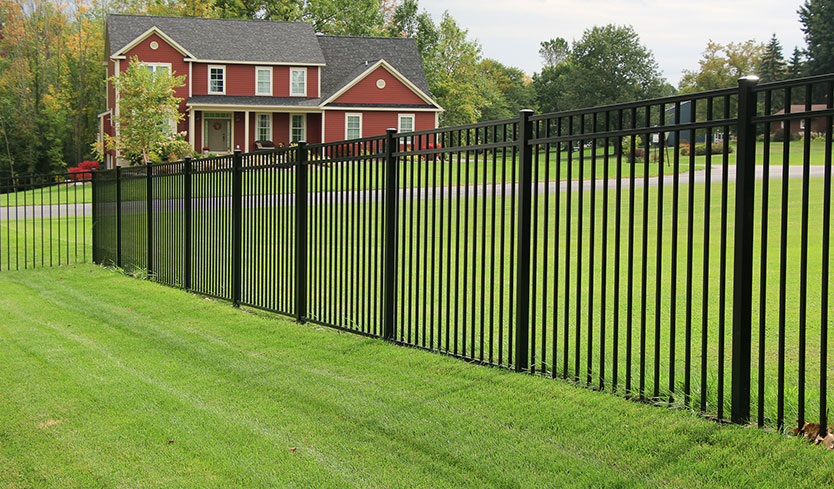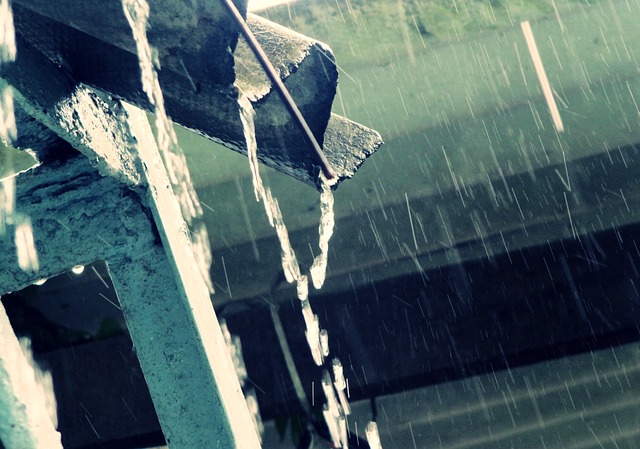Fencing companies install different types of barriers, each with advantages depending on what you need and what kind of property you have, according to the KRS Lynchburg team. While wood provides natural beauty and is customizable, aluminum is an excellent choice for decorative boundaries since it combines strength with elegance. Polyvinyl chloride (PVC) fences are well-suited to many residential applications as they are durable and low-maintenance. Here are some ways that different types of fences differ from each other:
Choice of Material
The materials designed by fencing companies are meant to sustain decades of service in certain environmental conditions. Aluminum fences are available in ornamental and security designs, and they are highly durable. PVC fencing does well in humid environments as it is resistant to rot and insects. Decorative wood fences are constructed with elements like lattice tops or post caps. Many post styles and decorative finials are available for many aluminum fence systems. PVC panels tightly interlock with one another to achieve a seamless appearance with no visible fasteners.
Construction Style
Wood fences have several design styles, including board-on-board, shadowbox, and classic picket. Aluminum fences are built with horizontal rails at regular intervals, holding vertical pickets in place. Tongue-and-groove panels make up PVC fencing, leaving no gaps visible. Chain link fences are made of woven wires attached to metal posts with tension bars.
Post caps and finials are decorative elements that enhance the look of wood, aluminum, and PVC fences. The traditional chain link fence is plain but can be improved with privacy slats woven through the diamond pattern. Wood stockade fences have closely aligned vertical boards for maximum privacy and security. Decorative lattice or other tops may add visual interest to PVC privacy fences.
Durability and Maintenance
With proper care, aluminum fences can last several decades and require little maintenance. They are rust-resistant and suitable for long-term use. Wood fencing must be regularly stained and sealed to keep its original natural look. PVC fences can be cleaned easily with household soap and remain new-looking for decades. Chain link fences are very durable and can withstand harsh weather.
Periodic inspection for loose fasteners and occasional rinsing will help maintain aluminum fences. Annual inspections are recommended for wood fences, as they are subject to damage, while PVC fences are made with UV inhibitors to stop them from fading due to sunlight. Tightening the tension wire occasionally also helps chain link fences function correctly.
Purpose and Function
There are many reasons for fences, both for security and aesthetic reasons. Commercial properties are commonly secured with chain link fences with barbed wire. Ornamental aluminum fences are used as property boundary definers and increase curb appeal. Small animals can easily be kept out of gardens with wood picket fences. Sound barriers also include thick wooden panels to reduce the noise of busy streets. Chain link fences are great for pet containment, allowing dogs and cats to exercise safely in a contained area, and split rail wood fences mark property lines without blocking views.
Installation Complexity
Installation of different types of fences is not the same in terms of complexity. It is vital to properly tension chain link fences so that they do not sag between posts over time. Posts for wood fences should be set at proper depths to stand up to wind loadings and seasonal movements. Brackets and special screws or rivets that connect aluminum fence sections to posts are usually used. Stepped installation or custom-cut panels are used to address sloped terrain challenges. Any fence type is reinforced and given added tension with corner posts.
Schedule an Appointment With Fencing Companies
Choosing a fence is determined by your specific needs, such as time to maintain, climate, and what you will use it for. Durability, appearance, and functionality are factors upon which fencing decisions should be based. Talk to a fencing company for detailed estimates and material recommendations.









